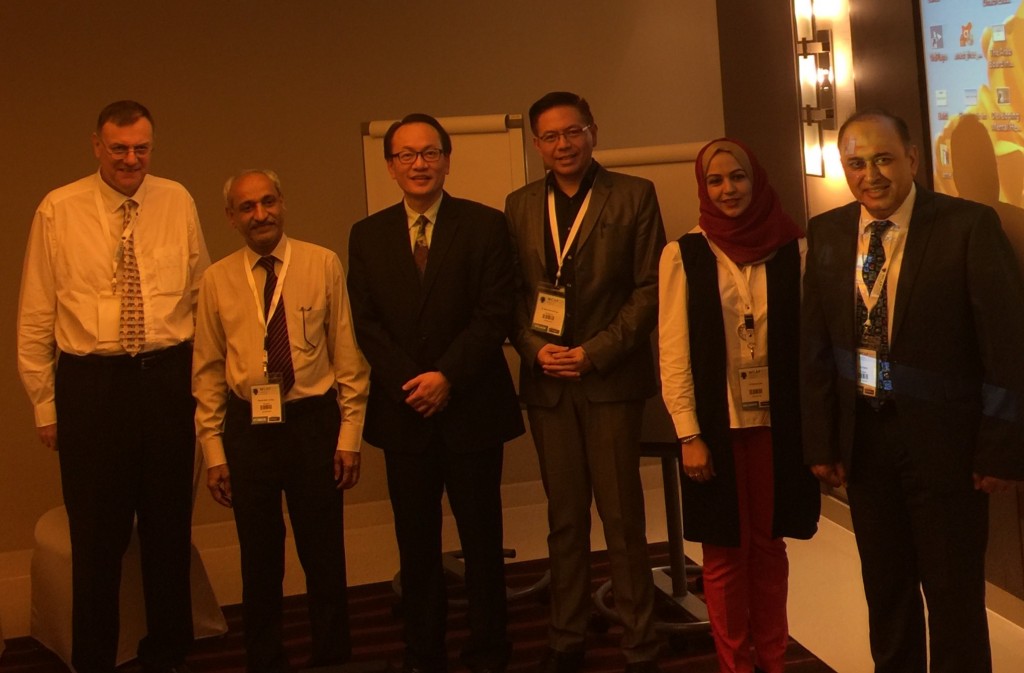As the President of the Singapore Psychiatric Association (SPA), I was invited by Prof AfzalJaved, the Congress Director of the 6th World Congress of Asian Psychiatry (WCAP), organized by the Asian Federation of Psychiatric Associations (AFPA) to be a co-chairman as well as a presenter at the session on ‘Community Psychiatry’ at the above conference held in Abu Dhabi, United Arab Emirates from 24 to 26 March 2017.
I presented the topic of ‘Frequent Visitors to the Emergency Services (ES) of the Institute of Mental Health in Singapore’ at the conference. This oral presentation explores the ES staff perceptions of the reasons for frequent visits. Frequent visit was defined as five or more visits in a year. The top 3% of users accounted for 16% of service use. Frequent users were more likely to have a diagnosis of a psychotic disorder, personality disorder, or alcohol use disorder. Service provider groups (physicians, nurses, and assistants) described similar groups of frequent users and noted that frequent use was related to lack of social supports outside the hospital and feelings of belonging within it. The service providers’ perspectives highlight how societal pressures influence the way in which individuals with mental illnesses use services.
There were a number of plenary lectures in this conference. The first plenary was by Prof Shigenobu Kanbu (Japan) which touched on the phenomenon of ‘Hikikomori’ in Japan. This type of depression is commonly seen in younger people who express chronic fatigue and loss of interest in work and dislike to be confined into rules or morals.
There was a joint symposium on ‘Developmental Disorders’ which discussed about developmental disorders and offending as well as the role of pharmacological interventions in Autism Spectrum Disorder. The speakers emphasized on the need for comprehensive assessment, working with the family and the individual and the importance of non-pharmacological (mainly behavioral approaches). When medication is indicated, they should be started at low dose and titrate gradually as persons with ASD are more sensitive to side effects.
There was a number of lectures on well-being, mental capital and the need for building strength and resilience which include supported employment, debt interventions, housing improvement and even availability of green spaces (such as community gardens for physical activities and exercises). The emphasis on enhancing mental capital and intervention which address inequality also promote population mental health, prevent mental ill-health and promote recovery. Enhancing individual competence and self-esteem increases perception of personal control and has positive effect on health and other domains.
As SPA President, I also attended the AFPA Board Meeting held during the conference.

SPA President Dr. Lee and his Phillipines co-chair and fellow presenters
